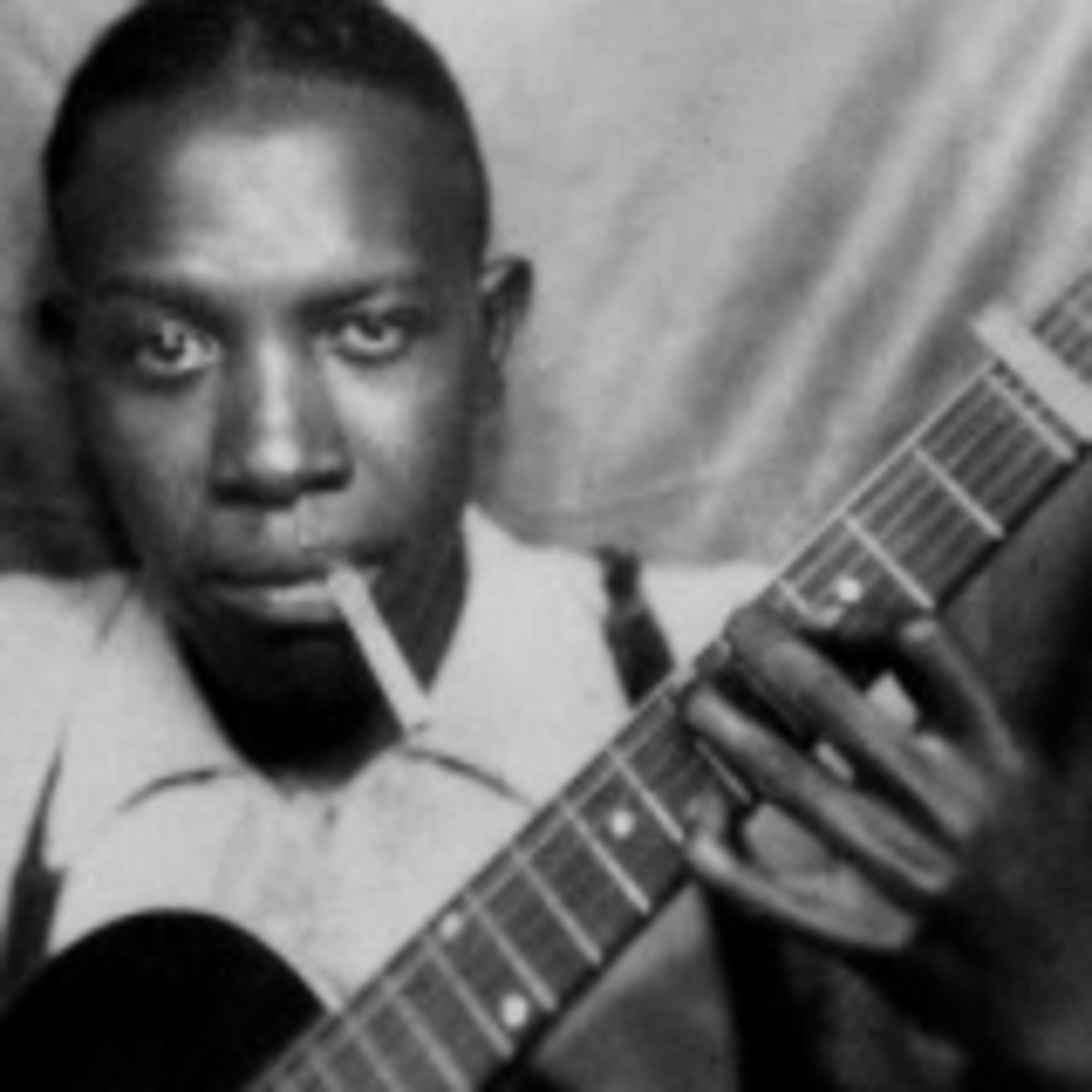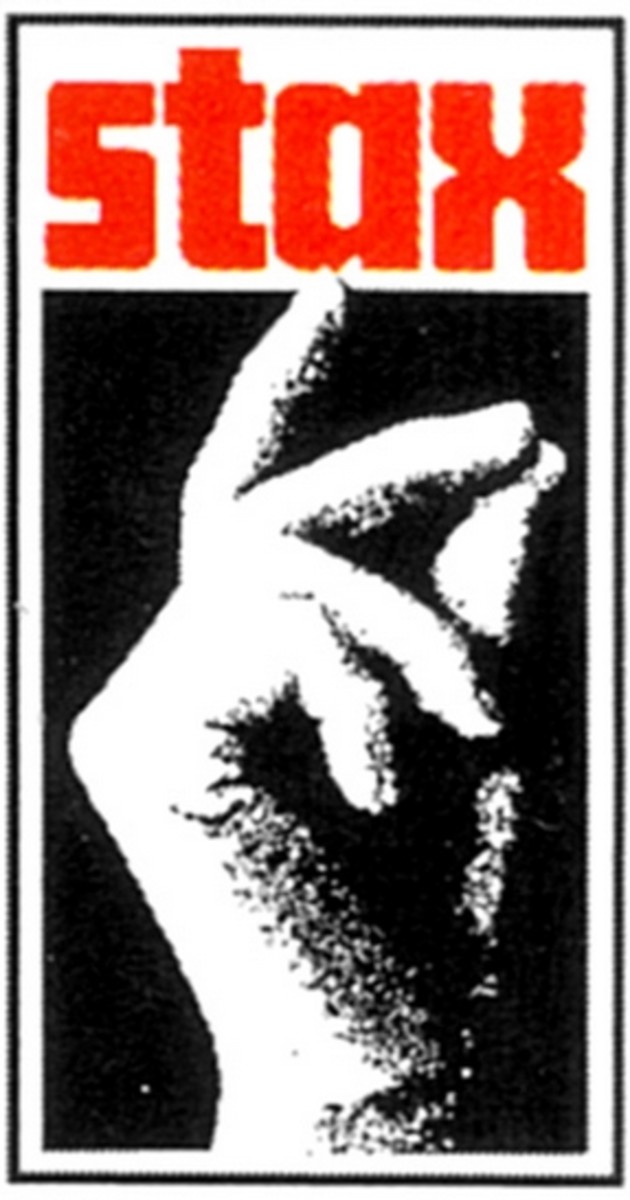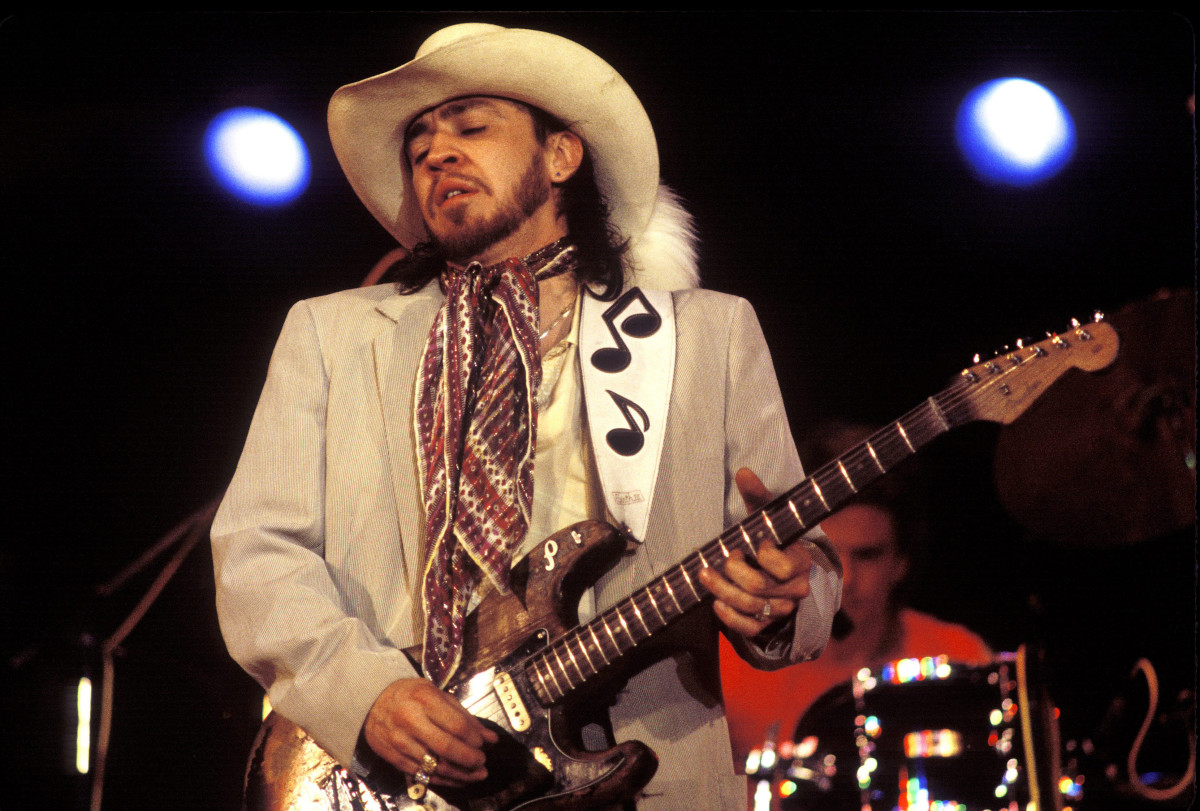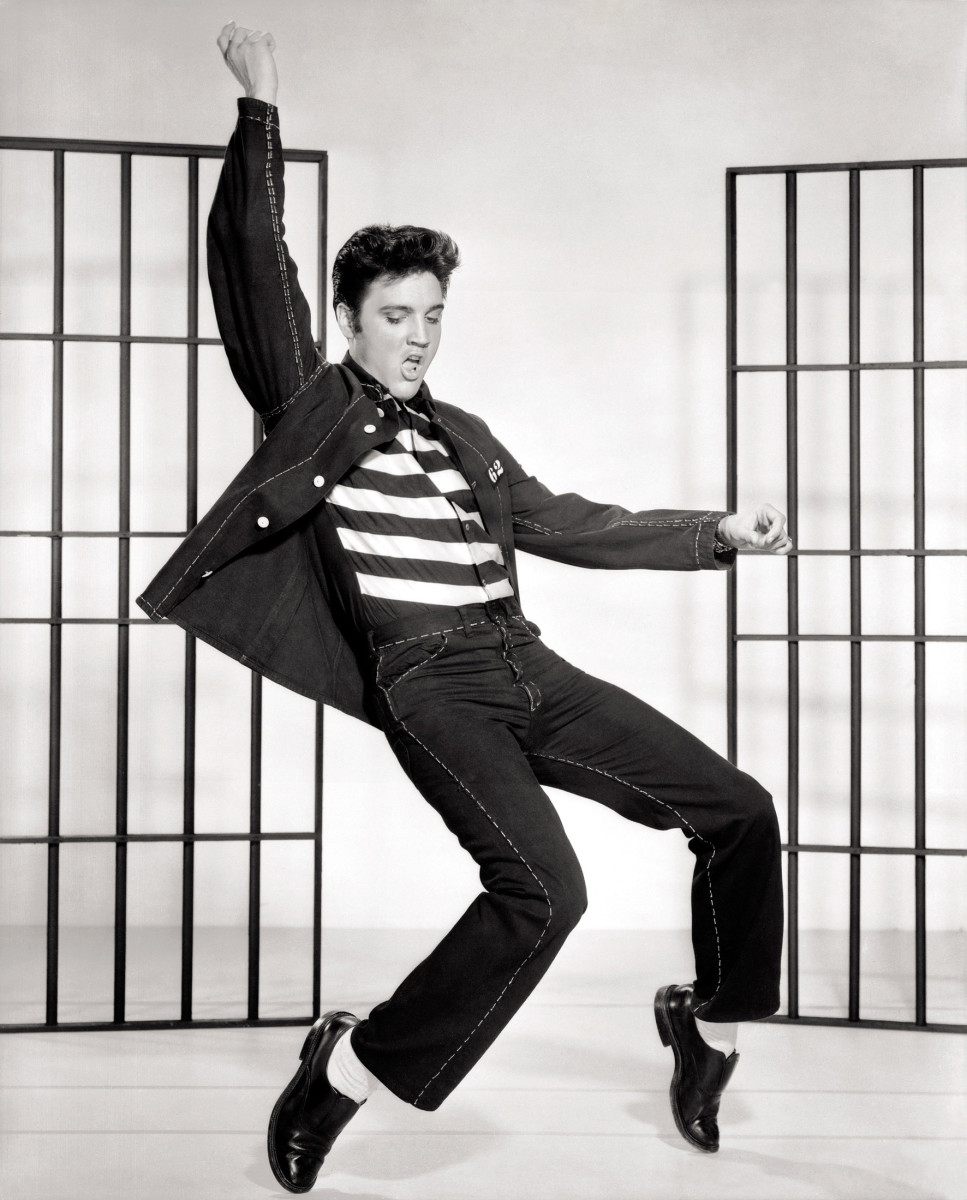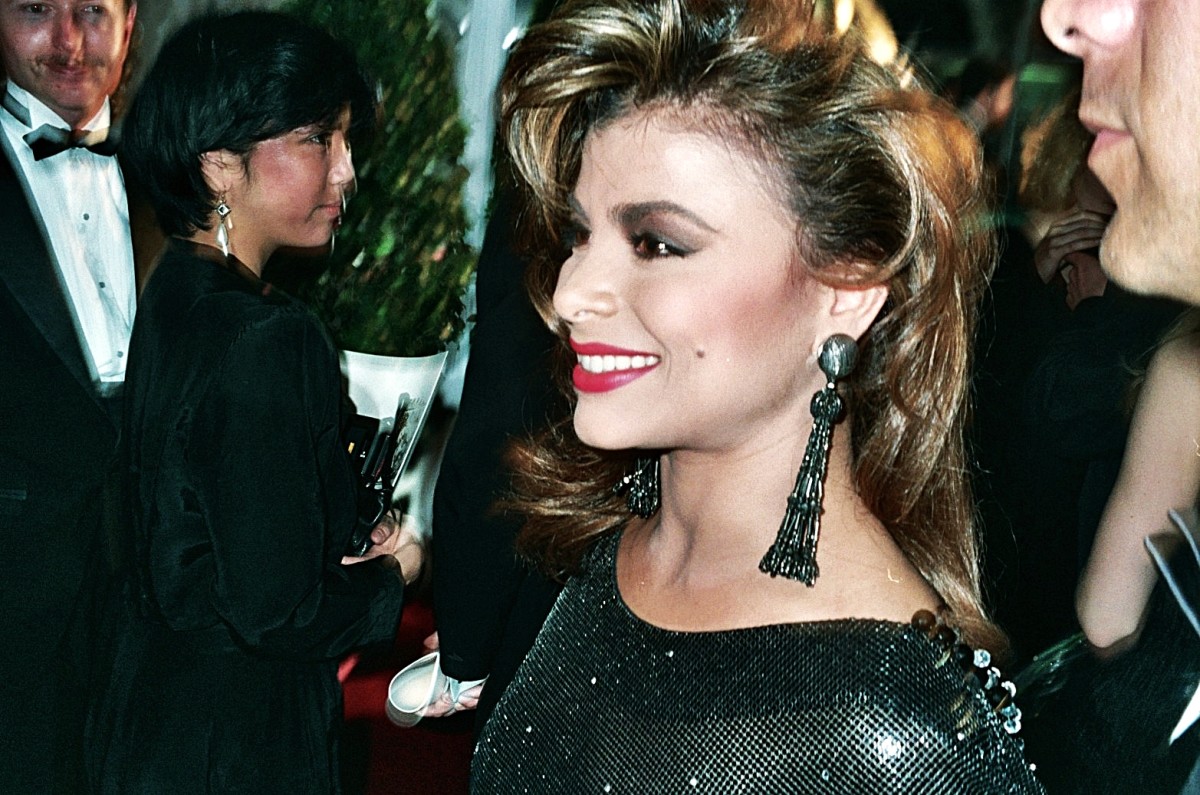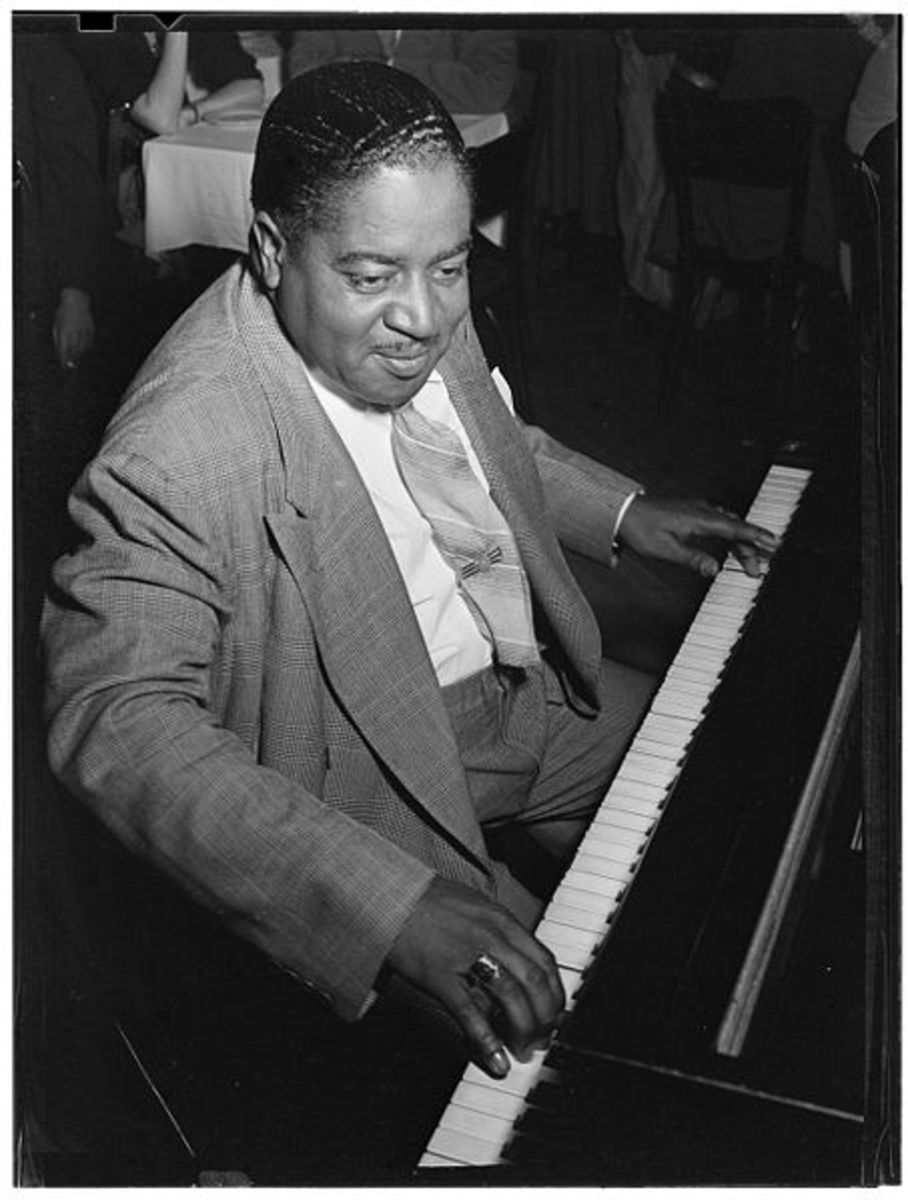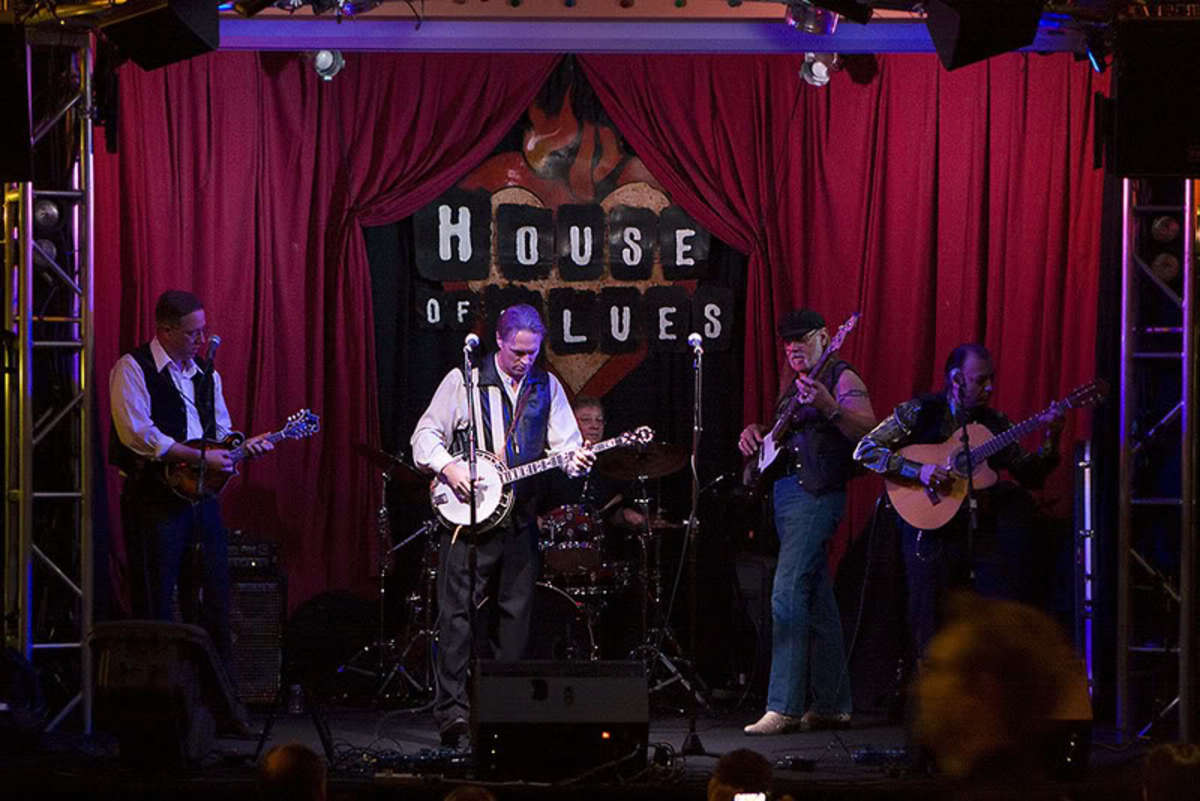B.B. King Biography
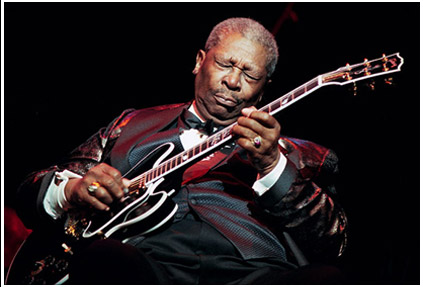
Early Years
He has been called the "King of the Blues." He is a fourteen time Grammy recipient, a successful business man, and number three on the Rolling Stones list of the greatest guitarist of all times.
Riley B. King was born September 16, 1925 to Alfred King and Nora Ella King on a plantation near Indianola Mississippi. When King was very young, he was befriended by a teacher who had a big influence on his life; Luther Henson taught young Riley that hard work and faith were important items to have in his character; King would embrace these values for the remainder of his life, but it was though the church that he would develop a love for music. The church minister, Rev Fair was a good guitarist; he used his musical talent to inspire his congregation; Fair took a personal interest in Riley teaching him a few chords when he was seven-years-old. At the age of twelve, Riley was able to purchase his first guitar. A few years later in 1943, Riley King found work as a tractor driver; Later, in November 1944 King was married to his first wife Martha Denton. In the summer of 1946, he went to live with a relative in Memphis, Tennessee; while he was there, his cousin taught him how to play the blues. However, Riley missed his wife; so in 1947, he returned home to save money for his eventual return to Memphis. A year later, Riley saved enough money to pay off his debts, and he returned to Memphis in 1948.
Early Career
When he returned to Memphis, Riley got his first big break; he performed on a local radio show; The radio host and the audience liked his playing so much it led to him getting his own 10 minute spot on the radio station's schedule. Riley King was starting to attract attention, and he needed a catchy name. He started called himself "Beale Street Blues Boy." A short time later, Riley abbreviated it to "B.B." Thus he begun to call himself B.B. King. During this time, King met one of the popular blues-man of that era T-Bone Walker. When B.B. King heard what T-Bone could do with an electric guitar, he decided he had to have one too. In addition to his radio career, King performed at the local night clubs with his group the Beale Streeters.
When 1949 arrived, B.B, King recorded his first record with Bullet Records in Nashville, Tennessee; the name of the song was "Miss Martha King." however, this song didn't do well on the charts. From mid 1950 until June 1951, B.B. King recorded at the Memphis Recording Service, under the direction of RPM Records in Los Angeles; It was at the Memphis Record Service that many blues-men such as Little Milton, Howlin' Wolf, and Junior Parker got their start; BB King would record five singles that RPM records would issue for release. His first hit single was "Three O'Clock Blues" in 1951; some other hits in the 1950s, on the R&B charts included "Sweet Black Angel," "Rock me Baby," and " Every Day I Have the Blues." In addition to the hit singles, his touring schedule became more hectic as his popularly increased; consequently, after eight years of marriage, B.B. and his wife, Martha, were divorced. Badly hurt by the breakup, it inspired him to with the song "Woke Up This Morning." In addition to touring cities such as Chicago, Los Angeles, and Detroit, King also toured the juke joints and clubs in the southern United States. Around this time in 1956, he started his own Memphis based record label; its name was Blues Boys Kingdom. B.B. King remarried in June of 1958, but after only eight years, this marriage to Sue Hall failed.
1960's and 70's
Going into the 1960s King was not happy with the royalty rates and credits he was getting from RPM records; when his contract was expired, he signed with ABC-Paramount(ABC); at this time, ABC was actively recruiting talent such as Ray Charles, Lloyd Price, and Fats Domino. By the mid 60's BB King was well know in the African-American community, however he was unknown in the Caucasian community. This changed in 1965 when the Paul Butterfield Blues Band released the album "Paul Butterfield Blues Band;" this album featured Mike Bloomfield on guitar. After the release of this album, Bloomfield quickly became a star. When asked how he learned to play that way, he said from BB King; following that statement, BB King's popularity sky rocked.
Later in 1969, ABC wanted to see what BB King could do with a song called "The Thrill is Gone." This turned out to be his first Grammy award winning single; This song dramatized his voice and guitar, and it became a hit on both the R&B and Pop charts. B.B. King also gained visibility among the rock fans when he opened for the Rolling Stones at their 1969 American Tour concert; As a result of his hit song "The Thrill is Gone," King no longer had to play small clubs and juke joints anymore; he would perform in much larger mainstream facilities. Also, King made an appearance on the Johnny Carson show in 1969, and later in 1971, he performed on the Ed Sullivan's show. With this exposure, King's mainstream visibility would continue into the 1970s and beyond.
1980's and 90's
Going into the 1980s, BB King maintained an active touring schedule. In 1984 King was inducted into the Blues Hall of Fame; in 1987 King received a Grammy Lifetime Achievement Award and he was inducted into the Rock and Roll hall of fame.
During the 1980s, he continued to reach out to new generations of music lovers. In 1988 King collaborated with U2 on their "Rattle and Hum" album. Later in 1998, King had a brief role as the lead singer of a band in the movie Blues Brothers 2000. In his movie role, he performed with many well known musical artist including Bo Diddley, Koko Taylor, Lou Rawls, Steve Winwood, Isaac Hayes and Eric Clapton.
2000's and Beyond
As the 1990s came to a close, B.B. slowed down a bit, but continued to tour well into the 21st century. In March 2006 at the age of 80, B.B. King had his farewell tour. When that tour was completed, King started another tour; when asked about this he replied "I never said the farewell tour would be the last one." A short time later In July 2007, King performed at Eric Clapton's second Crossroads Guitar Festival. Later in February 2012 he performed at the White House's "Red, White and Blues"; this performance was followed by an appearance at the New Orleans Jazz Festival in May 2013. On October 3, 2014 while touring and because of health problems, King was forced to cancellation the remaining eight shows of his tour; A few days later on October 8, 2014 he was home resting and recuperating. Later on May 1, 2015, following two hospitalizations caused by complications from diabetes and high blood pressure, King announced he was in hospice care at his Las Vegas home; On May 14, 2015 at the age of eighty-nine, B.B. King passed away.
With more than 50 years in the music business and 15,000 plus performances, he thrilled audiences around the world. B.B. King interacted with a wide variety of people, everyone from the Pope to Elvis Presley; he collaborated with a variety of musical performers across many genres in the music world too. Also, King influenced many well-known guitarist too including: Jimi Hendrix, Eric Clapton, Albert King and Stevie Ray Vaughn. B.B. King is a legend and is still the "King of the Blues."
Additional Information
- Rockhall.com - BB King inductee info
- Wikipedia.org - Information on BB King
- BBKingclubs.com - Links and info on B.B. King's club locations
- Wikipedia.org - B.B. King's Discography
- The Blues the Bedrock of Jazz
The blues as the bedrock and foundation of jazz. The second article in my series on the history of jazz


